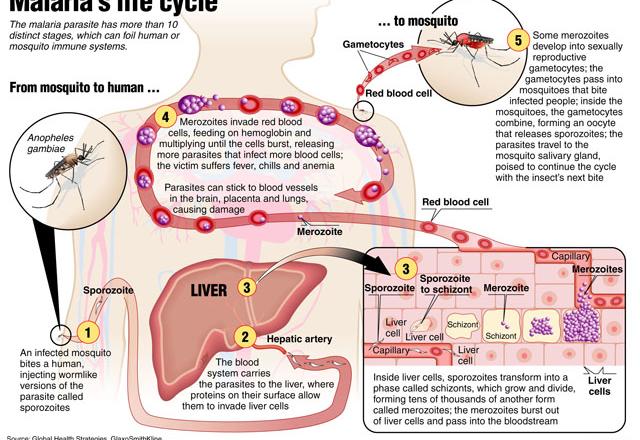You are here
Temperature increases linked to disease, mental health concerns, say climate experts
By Rana Tayseer - Jun 05,2023 - Last updated at Jun 05,2023

Representative image (AFP File Photo)
AMMAN — In addition to its environmental affects, experts stress that climate change also has a negative impact on human health.
“The climate changes we are witnessing have serious health effects, as exposure to extreme heat exacerbates pathological conditions such as cardiovascular and respiratory diseases, and causes sunstrokes and poor mental health according to international studies and reports, Director of Awraq Organisation for Environmental Development Zeina Hamdan, told The Jordan Times on Monday.
These health effects also increase pressure on medical services in countries, “especially in countries like our developing country,” Hamdan said.
“In Jordan, there are no studies that show how the climate extremism that we are experiencing has affected the health of citizens, especially in the areas most affected by climate change. We must work seriously with the Ministry of Environment and the Ministry of Health to measure this impact...and start immediate measures that can save millions of lives through a rapid transition to clean energy and energy efficiency”, she said.
Director of the Environmental Health at the Ministry of Health Ahmed Al Baramawy confirmed that Jordan has witnessed a health impact from climate change through the occurrence of previously non-prevalent diseases such as hemorrhagic fever and dengue fever, the spread of malaria and leishmaniasis, a parasitic disease most commonly found in tropical climates.
Climate change has also increased diseases caused by water and food, such as cholera, he said, adding that the changing temperatures have coincided with an increase in the emergence of psychiatric illness.
Rafik Fahmawi, a doctor and environmental activist, said that burning medical waste is a common practice in many parts of the world, and this has a significant environmental impact.
Burning medical waste releases many hazardous chemicals into the environment, including carbon dioxide, nitrogen oxides, and other greenhouse gases that contribute to global warming, he added.
The symptoms of some chronic diseases, such as asthma and allergies are also exacerbated by climate change, as a result of increased carbon emissions and greenhouse gases. It has also been proven that there is a relationship between climate change and psychological disorders. This will cause additional costs and burdens on healthcare systems, and thus an increase in the bill for the government and health insurance companies, according to Baramawy.
Viral activity and mutations increase changes in temperature or humidity, Baramawy said, adding that epidemics are expected to increase, and new diseases may appear, or diseases considered extinct will reappear.
Many deadly diseases show extreme sensitivity to changes in temperature and humidity, which leads to their spread, Baramawy added.
Climate change is expected to increase the spread of various infectious and non-communicable diseases, including foodborne diseases like listeria, waterborne diseases such as cholera, and various airborne diseases, Baramawy said.
Increasing summer temperatures may raise the risk of legionellosis, a pneumonia-type infection, if the heat causes an increase in the use of refrigeration. Diseases like malaria, which are transmitted by intermediate hosts such as mosquitoes, ticks, flies, rodents and snails, which are very sensitive to climatic conditions such as temperature, may also increase, according to Baramawy.
Related Articles
AMMAN — President of Jordan Environment Union Omar Shoshan, on Sunday, called for educating and informing the public about necessary health
Global warming will expose millions more people to malaria as parasite-bearing mosquitoes move to higher altitudes, according to new research into the health perils from climate change.
PARIS — Record-breaking heat, extreme weather events, air pollution and the spread of infectious disease: climate change poses an already va















